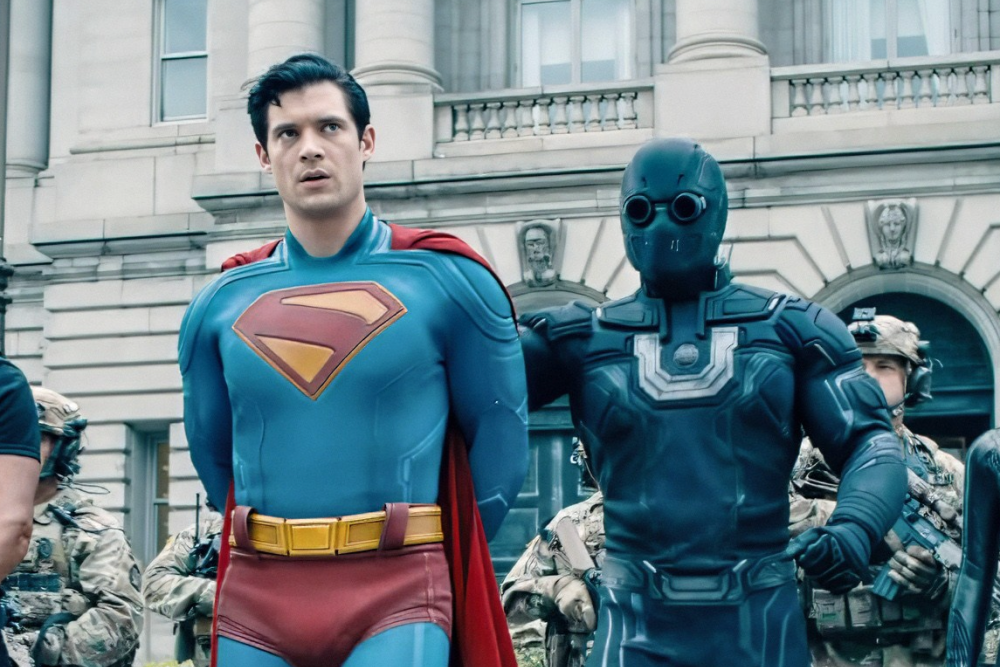James Gunn’s Superman has sparked debate for seemingly drawing parallels to the Israel-Palestine war, even though the director insists he was not thinking of the Middle East when writing it.
The film opens with Superman (David Corenswet) halting an invasion by Boravia — a fictional Eastern European country characterized by Russian-speaking leaders and onion-domed architecture — against Jarhanpur, a nation with a predominantly brown-skinned population. A second attempted invasion later in the movie cements this conflict as central to the plot.
While both Boravia and Jarhanpur exist in DC Comics, their conflict is invented for the film. A key scene features Superman and Lois Lane (Rachel Brosnahan) discussing Boravia’s justification: they claim to be liberating Jarhanpur from tyranny.
Superman refutes this, arguing the Boravian regime, shown to be corrupt through its alliance with Lex Luthor (Nicholas Hoult), would simply replace one oppressive government with another.
This conversation mirrors real-world debates — particularly the question of whether Israel is trying to free Palestinians from Hamas or aiming to dominate Gaza. Visual parallels also exist, such as scenes of Boravian troops confronting civilians, which evoke images of the IDF in Gaza.
Despite some claiming the film is anti-Israel, its message appears more rooted in Superman’s moral code than political allegiances. He’s portrayed as a defender of innocent life — whether he’s stopping an October 7-style massacre or intervening in foreign conflicts. The film does not clearly endorse a pro-Palestinian stance either, especially considering the limited and stereotypical portrayal of its Middle Eastern-coded characters.
Criticism has instead focused more on the film’s racial insensitivity. The people of Jarhanpur exist mostly as helpless victims to give Superman a chance to shine.
One Middle Eastern character, Malik — a falafel vendor — serves only to develop Superman’s emotional depth. His exaggerated accent and noble sacrifice feel tokenistic, reinforcing outdated tropes rather than offering meaningful representation.
Ultimately, the film is not a direct political allegory, but it borrows heavily from real-world narratives. If there is a fault, it’s not Superman’s dedication to peace — it’s the film’s portrayal of the people he tries to save.


